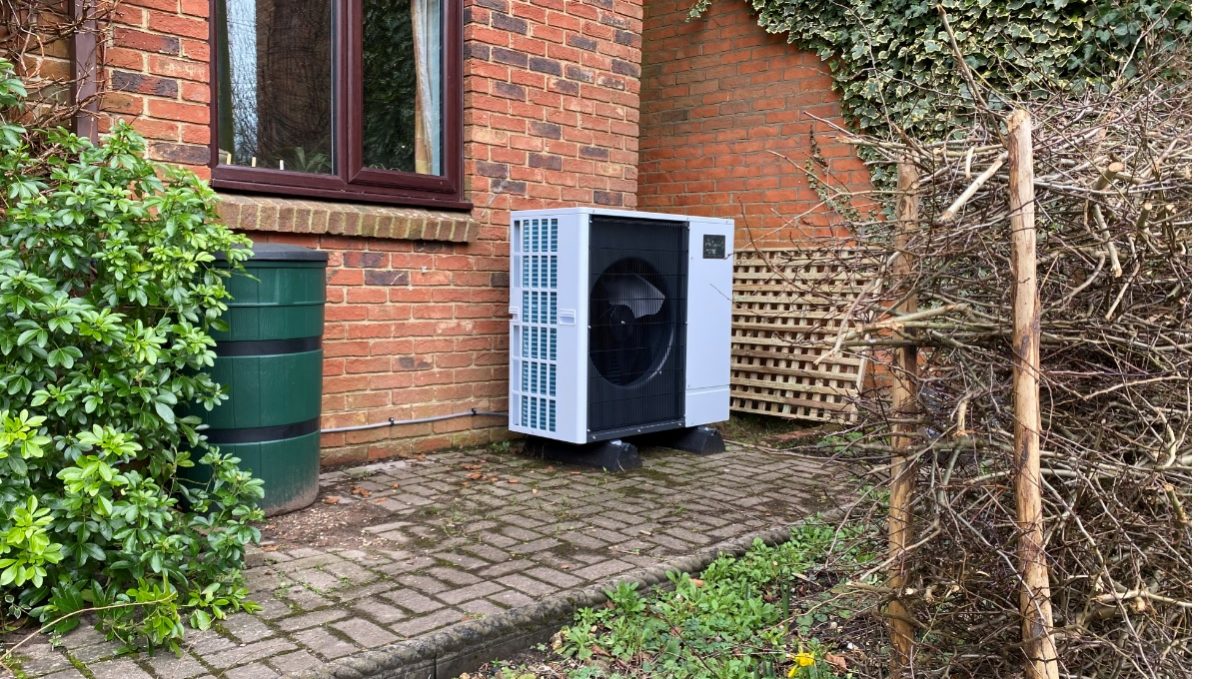Air source heat pumps (ASHPs) are gaining popularity in the UK as a sustainable and efficient way to heat homes. However, navigating the regulations surrounding their installation and use can be daunting. In this blog, we’ll break down the key regulations, explain the benefits of complying with these standards, and provide tips for a smooth installation process.
What are Air Source Heat Pumps?
Air source heat pumps are devices that absorb heat from the outside air and use it to heat your home and water. They work efficiently even in lower temperatures, making them an ideal choice for the UK climate. ASHPs are a greener alternative to traditional heating systems, as they can significantly reduce your carbon footprint and energy bills.
Unlike conventional heating systems, air source heat pumps use electricity to transfer heat rather than generate it. This makes them a highly efficient option, as they can produce more heat energy than the electrical energy they consume. With the UK’s commitment to reducing carbon emissions, ASHPs are an attractive option for homeowners looking to make environmentally friendly choices.
Key Regulations for Air Source Heat Pumps in the UK
Installing an air source heat pump in the UK involves adhering to several regulations and standards. These regulations are in place to ensure safety, efficiency, and environmental benefits. Here are the main points you need to be aware of:
- Planning Permission: In most cases, installing an ASHP falls under permitted development rights, meaning you don’t need planning permission. However, there are exceptions, such as if you live in a listed building, a conservation area, or a World Heritage Site. Always check with your local authority to confirm.
- Microgeneration Certification Scheme (MCS): For an ASHP installation to qualify for government incentives like the Renewable Heat Incentive (RHI), it must be carried out by an MCS-certified installer using MCS-certified products. This certification ensures that installations meet high standards of quality and efficiency.
- Building Regulations: Air source heat pump installations must comply with UK Building Regulations. This includes ensuring that the system is installed correctly, efficiently, and safely. Your installer should handle this compliance, but it’s good to be aware of the requirements.
- Noise Levels: ASHPs must comply with noise regulations to avoid disturbing neighbours. The permitted development rules stipulate specific noise level limits, which vary depending on the location and proximity to neighbouring properties. It’s crucial to choose a quiet model and position it thoughtfully to minimise noise impact.
Benefits of Complying with ASHP Regulations
Complying with air source heat pump regulations offers numerous benefits. Firstly, it ensures that your system operates safely and efficiently, providing optimal heating performance. Proper installation by an MCS-certified installer guarantees that your ASHP meets the required standards, resulting in better energy efficiency and lower running costs.
Additionally, compliance with regulations allows you to qualify for government incentives like the Renewable Heat Incentive (RHI). The RHI provides financial support to homeowners who install renewable heating systems, helping to offset the initial installation costs and make the investment more affordable.
Furthermore, adhering to noise regulations and building standards helps maintain good relationships with your neighbours and ensures that your installation doesn’t negatively impact the local environment. By choosing a certified installer and compliant system, you contribute to the UK’s broader goals of reducing carbon emissions and promoting renewable energy use.
Tips for a Smooth ASHP Installation
To ensure a successful air source heat pump installation, consider the following tips:
- Choose a Reputable Installer: Select an MCS-certified installer with a proven track record. They will ensure that your installation complies with all relevant regulations and standards.
- Assess Your Property: Conduct a thorough assessment of your property’s suitability for an ASHP. Consider factors like available space, noise levels, and the proximity of neighbouring properties.
- Understand the Costs: While ASHPs can offer long-term savings, the initial installation cost can be significant. Research available grants and incentives, like the Renewable Heat Incentive, to help cover these costs.
- Maintenance: Regular maintenance is crucial for keeping your ASHP running efficiently. Follow the manufacturer’s guidelines and schedule periodic checks with your installer.
- Energy Efficiency: Pair your ASHP with other energy-efficient measures, such as improved insulation and double glazing, to maximise its benefits and further reduce your energy bills.
Curious about how air source heat pumps can benefit your home? Explore our renewable heating solutions and learn more about our installation services. For any inquiries, feel free to contact us.







